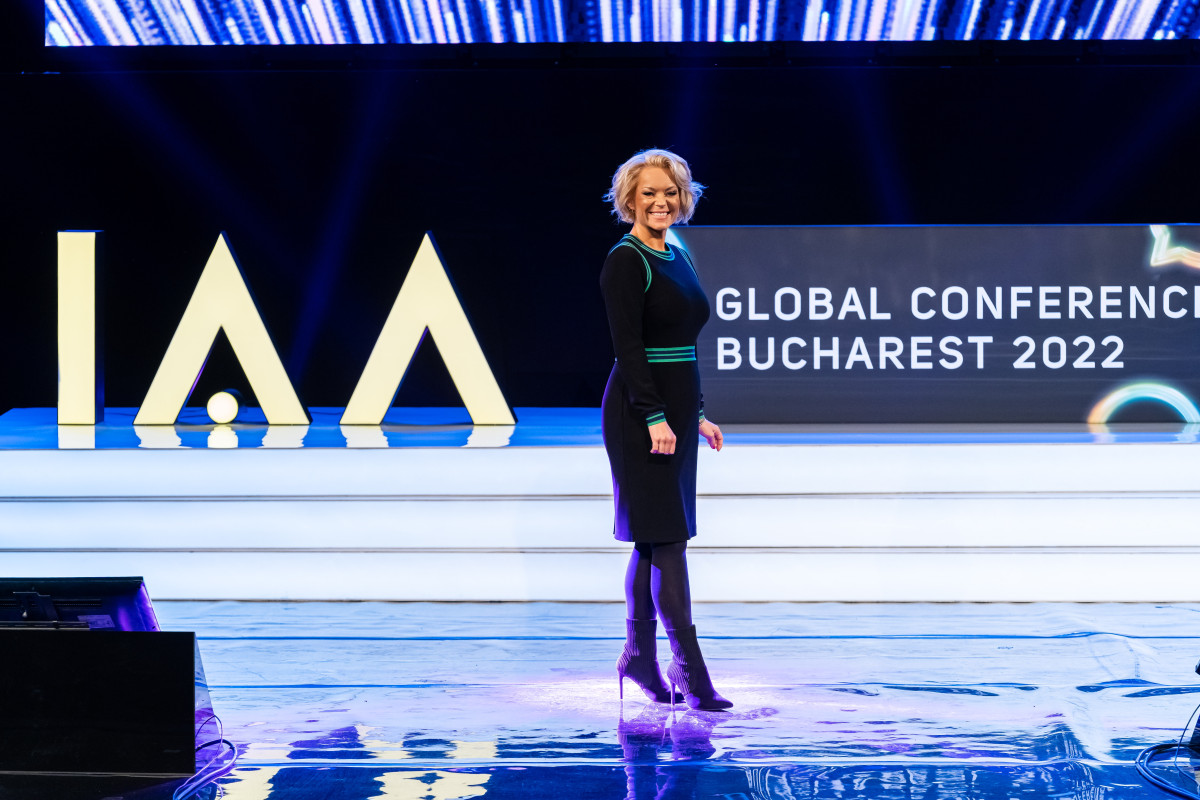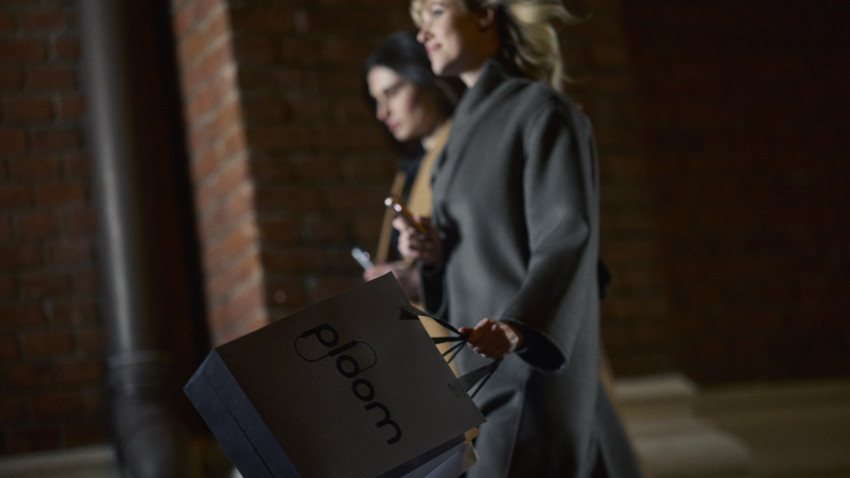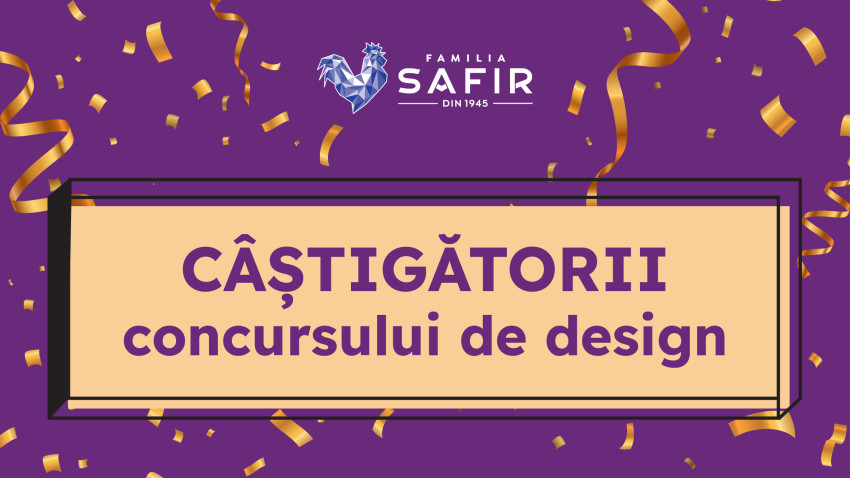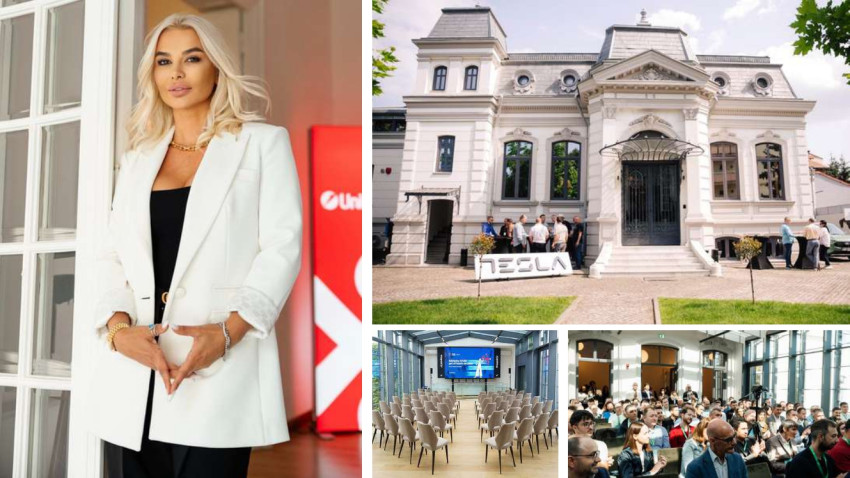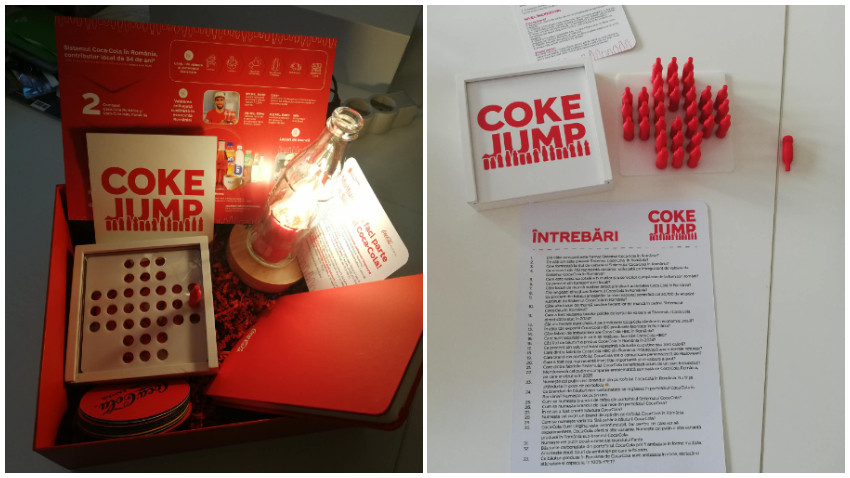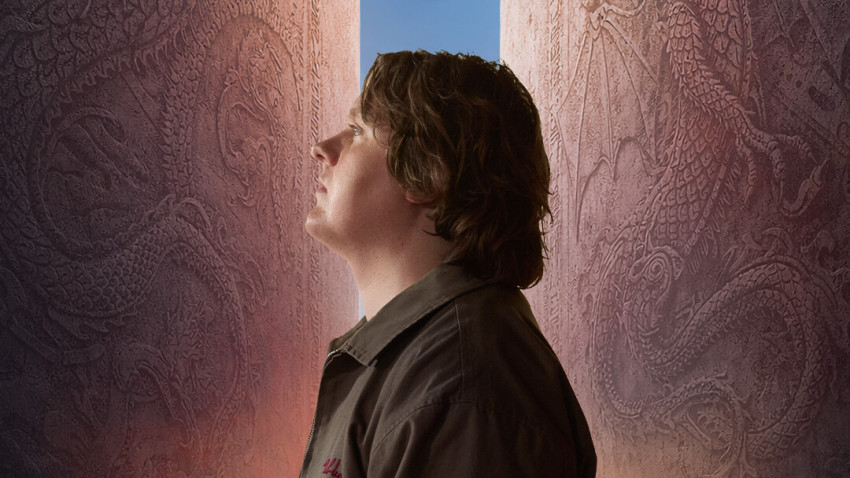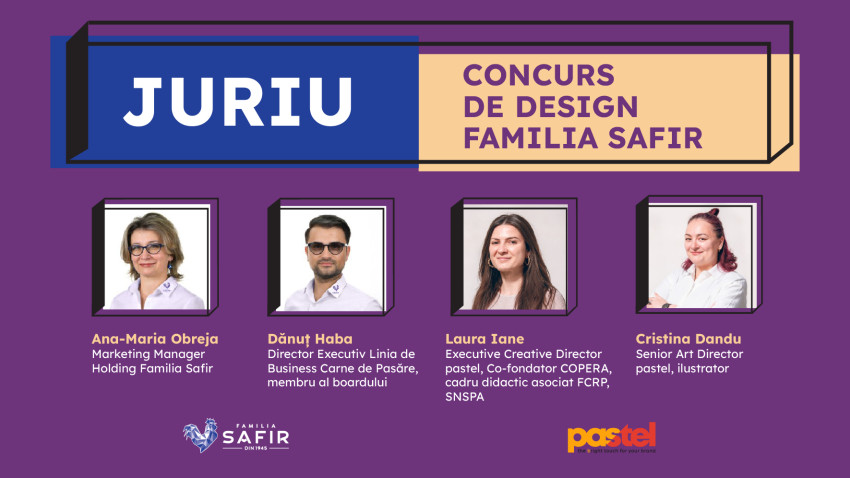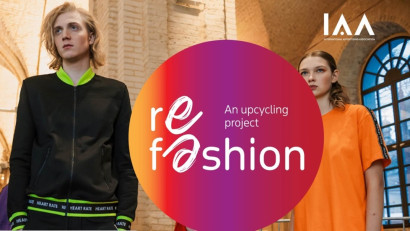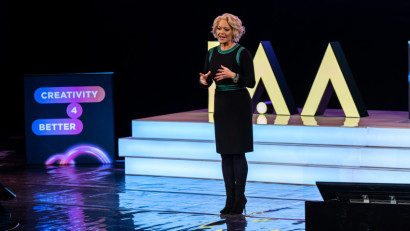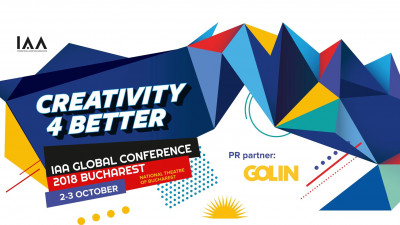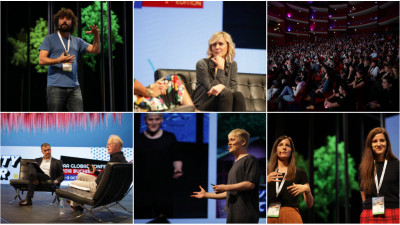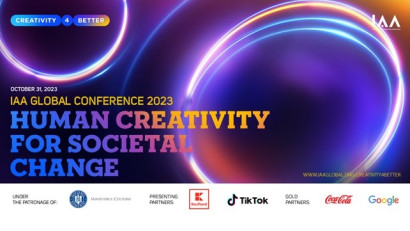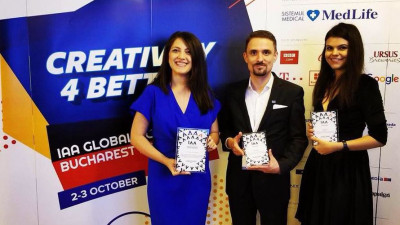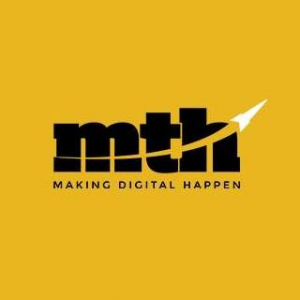Journalism changed incredibly in the last 20 years, with the new technologies & fake news. But when it comes to the fundamentals, journalism hasn't changed at all: it's still about double checking and objectivity, says Kasia Madera, BBC News journalist and presenter with over 20 years of broadcasting experience.
The biggest change in journalism, with the accessibility of so much information, it's where do you get the information that you trust. That is really important, says Kasia.
Kasia was recently in Romania, at the Creativity4Better global conference, organised by IAA Romania. During a break at the conference, we talked with Kasia Madera about journalism, fake news, social media and the influence of techonology.
From the beginning
I've started a long time ago... I am very old :)) It was a role that I've never thought I'd get to present and I was never sure what would happen, but it was something that I really wanted to do. Because I'm incredibly nosy, I like asking a lot of questions and I like knowing what people think. And it just felt like a natural thing to do, to get into journalism.
It was really tough and it is still tough. I was doing everything, I was making cups of tea (badly), I was running scripts back in a day, I was doing all of that, I was booking guests. I've started really from the very, very beginning and just work, very slowly and consistently, to then become a presenter to the BBC World News. It took a long time.
Your role
There was always a responsibility, because you are telling other people stories. So, when you're welcomed in somebody's home to explain what they are going through, it's a privilege. And even now, I appreciate that when I talk about the news, in the studio, I know that somebody turned on the television and is welcoming me into their home. I'm always grateful for that. It's a huge responsibility, that I don't take lightly.
Journalism has changed incredibly since I've first started. Back then to give a TV report out, you'd have to get a camera operator, sometimes even somebody to work on the sound, back in the day. Now it is different.
Just last year I was in Bucharest when the Covid rules changed and I was reporting from my phone, going Live. But it was broadcast quality because technology changed so much. It completely changed how we do our jobs.
Changes in journalism
The biggest change in journalism, with the accessibility of so much information, it's where do you get the information that you trust. That is really important.
What we are trying to do at BBC is to pull back the curtain, to show people how we get our information, how it is made, why we cover the stories that we cover, we hope to build trust with the audience.
With so much information out there, accessible all the time, people being bombarded with information, to know that they can come to a place that they trust, I think that's one of the biggest challenges and one of the biggest changes.
With the amount of the desinformation that you have, it's absolutely crucial for us, at the BBC, to be trusted.
In a way, we haven't changed the way we do our journalism. We always double source our information, we never break something without double checking. We've always done that. So, when it comes to fake news, we haven't necessarily changed the way that we work, but I understand that many of the people that consume the news may not really realize what is a fake source.
The influence of technology
The benefits of technology in our work speak for themselves. That you can just take out a phone and just start filming. The ability to share what is happening on the ground - like the protests in Iran, led by women, we see just how quickly people are able to share the information.
The danger is the misinformation and the fact that, if you are sharing something, do you genuinely know that is real?
The last 2 years
It was scary. I think it is fair to say it was a really difficult time. I was on the day on the first lockdown was introduced in the UK and I had to break that news. And every evening, I was on air, just talking through numbers. The numbers of people who lost their lives, it was a really difficult time.
And once we started coming out of that, it was the invasion in Ukraine. We had correspondents in Kyev already, but the next day I flew out to Poland and the day after we were broadcasting from the Ukraine-Poland border. We were witnessing millions of people crossing that border. It was really difficult to witness that. I will never forget how quiet the children were. They were traumatised.
I spent two weeks reporting live from the borders, every hour, day in, day out, from various locations. We didn't know that so many months later we would still be in this situation.
How do you manage your emotions in these situations
Objectivity is the essence of the BBC. Of course, you have to be empathetic, especially on those moments that you have to talk with people that have been traumatized, you have to understand what they've experienced, but you also have to do your job. And your job is to tell their stories. Often, what I've found was that the people really want to talk, they want to explain what have happened to them, and you are some of the first people that they speak to.
It's crucial to get that right. To get the tone right, to express their stories correctly, to be fair. They experienced absolute trauma. And to get the tone right is absolutely crucial. And not to just shove microfones in someone's face. But if they want to speak, that's why we are there.
Ultimately, journalism is getting the voices of people that potentially don't have a voice and share what they've experienced with wider audiences.
We've got BBG Editorial Guidelines. And BBC guidelines is a big old book which outlines how to do your job. And in front of everything is impartiality. It's not about me, not about my opinion, my opinion is irrelevant in what I do, it is about getting all the angles of the story. To be fair. To be transparent.
Social media
I use Instagram, I like it because it is very visual and creative. And professionally I use Twitter. People are very quick to share their opinions on social media. When you tackle fake news, one of the reasons why often fake news is so successful is because it makes people feel strongly - whether they are angry or they agree with something, it is a strong reaction.
Just think about why you feel like that. If your reaction is so strong, you should look at the source of that information, rather than just re-sharing it. It's very quick: to like, to reshare, add a comment to it. That's the danger. But you need to take a moment, pause, and think: why do I feel so strongly about this? That's my advice in terms of social media.
A title for this chapter in journalism
Where next? It's a catch 22. Everything is changing so, so quickly. Where I've started 20 years ago is nothing compared to what we've got now.



